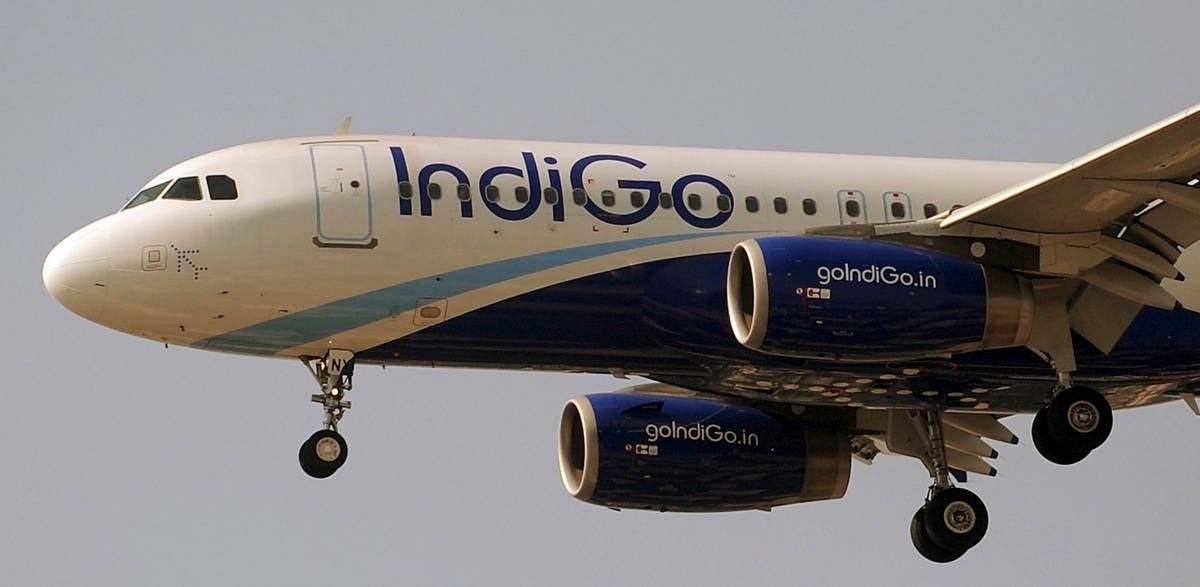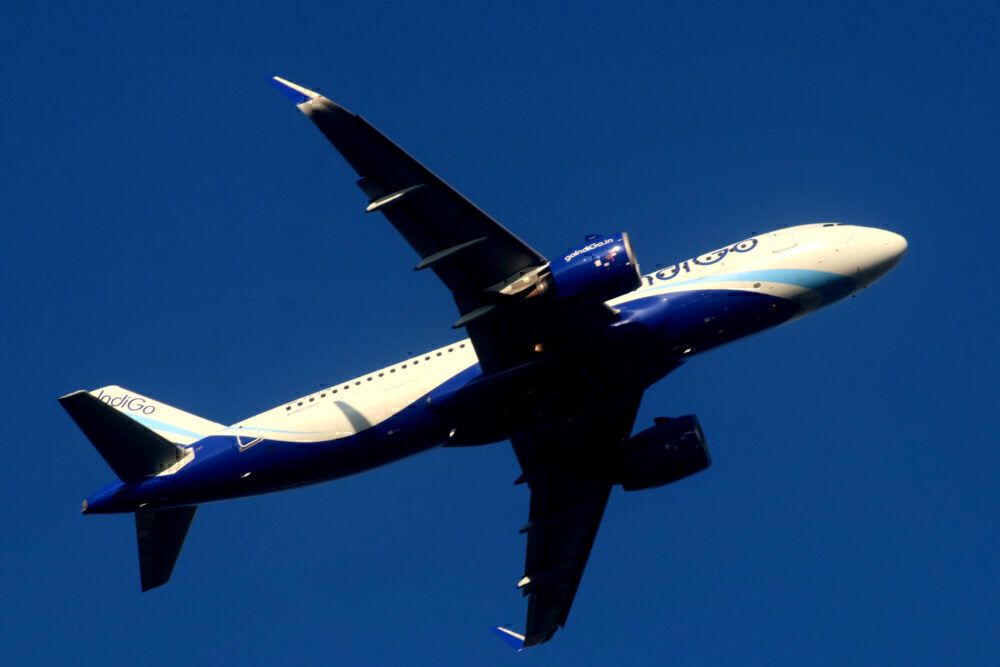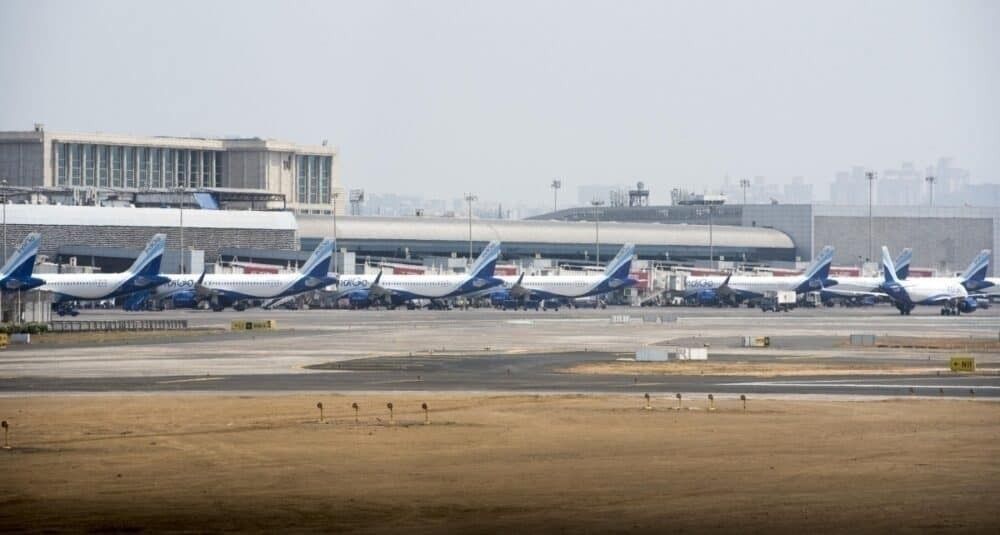As India continues to cope with low travel numbers due to the ongoing health crisis, Indian low-cost carrier IndiGo is considering the launch of dedicated freight services. While the decision has yet to be finalized, the airline is looking to bolster its revenue and sees cargo as a big opportunity. Related to this is the anticipation of a vaccine and the large-scale distribution required upon its release.
A proposal being studied
Several sources are reporting that Chief Executive Officer Ronojoy Dutta is looking into the possibility of cargo-only operations. The comments were reportedly made to the Press Trust of India (PTI) and subsequently published via other Indian media outlets.
According to Financial Express, the airline's CEO addressed the topic with PTI saying:
“(This is) being studied as a proposal. (But) No final decision yet,” -Ronojoy Dutta, CEO, IndiGo
An Airbus freighter?
Sources go on to say that a mid-level IndiGo executive, working with the airline’s partnerships and aeropolitical affairs, reports that his employer had recently held initial level discussions with Airbus executives on the type of air freighter that could be used for such operations. “The dedicated air freighter service is expected to be a division within the airline,” the anonymous source at IndiGo said.
Stay informed: Sign up for our daily aviation news digest.
It's a well-known fact that Airbus hasn't been as strong as its rival Boeing when it comes to producing dedicated cargo aircraft. However, just before the pandemic struck, Airbus was working on an A321 passenger-to-freighter conversion program with several partners.
With IndiGo operating an all-Airbus A320 family fleet, this could be the airline's main course of action.
Vaccination anticipation
As travel bans and the economic slump of COVID-19 restrictions bring down air passenger numbers, cargo revenue has become increasingly lucrative. Part of this phenomenon is because a large amount of cargo transported by aircraft was moved in the hold of regularly scheduled commercial passenger flights. With significantly fewer flights, cargo capacity has been reduced. Another factor, especially early in this crisis, was the urgent need for personal protective equipment (PPE) worldwide.
In response to this surge in cargo demand, many airlines pivoted to run cargo-only operations. Many airlines even modified their passenger aircraft and removed seating to allow for greater capacity and facilitate easier loading and unloading.
While the need for PPE is still strong, supply lines have been established, and the urgency of this need has subsided. However, governments and their populations worldwide are anxiously anticipating the release of a vaccine for COVID-19. With numerous biopharmaceutical companies working hard on efficacy and safety trials, it is hopefully just a matter of time.
Once vaccines are approved for the general public, air transportation will play a critical role in distribution to the masses.
According to Bloomberg Quint, the International Air Transport Association (IATA) also recognizes the mammoth logistical hurdle, reportedly saying:
“The potential size of the delivery is enormous. Just providing a single dose to 7.8 billion people would fill 8,000 (B) 747 cargo aircraft. Land transport will help, especially in developed economies with local manufacturing capacity. But vaccines cannot be delivered globally without the significant use of air cargo,” -IATA
According to Outlook India, IndiGo brought in higher revenue by operating approximately 1,700 cargo flights between April 18th and September 7th as compared to the earnings over the last financial year. However, exact figures were not immediately available.
Do you think IndiGo will move ahead with cargo-only operations? Let us know your thoughts in the comments.




